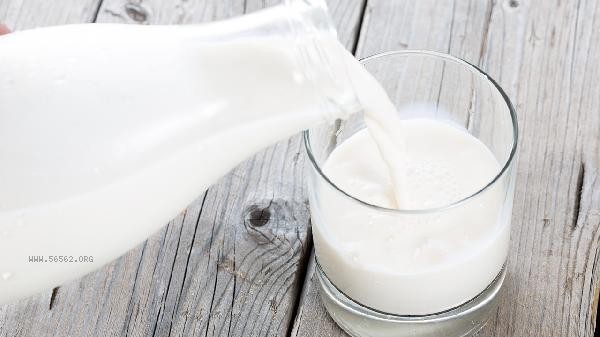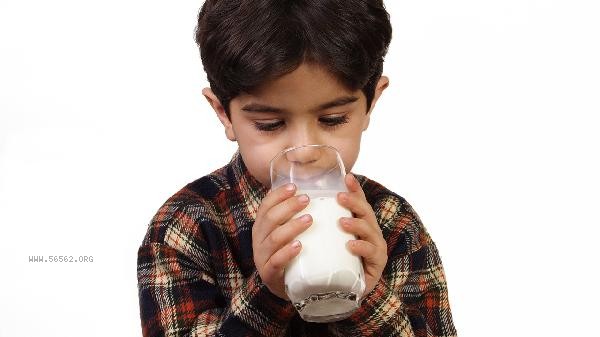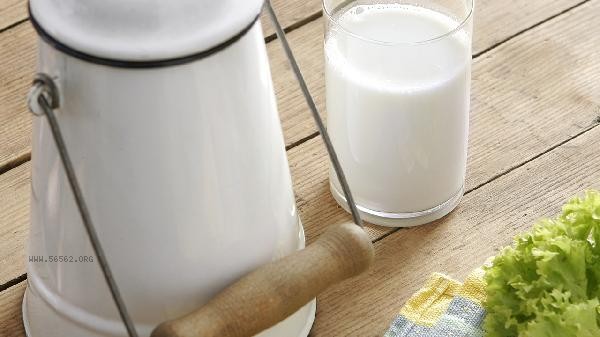Whether to lose weight or gain weight with milk depends on intake and individual metabolic differences. The main influencing factors include calorie control, lactose tolerance, protein content, fat type, and drinking time. As a balanced source of nutrition, milk's weight loss or gain effect is directly related to daily total calorie intake. Whole milk contains about 60 calories per 100 milliliters, and moderate consumption can provide high-quality protein and calcium, enhance satiety, and reduce intake of other high calorie foods. People with lactose intolerance who choose low lactose or fermented dairy products can avoid gastrointestinal discomfort. Whey protein and casein can promote muscle synthesis, and an increase in basal metabolic rate helps with fat breakdown. Drinking milk before meals slows down gastric emptying and reduces the amount of food consumed during meals, but excessive consumption before bedtime may lead to fat accumulation due to calorie surplus. Due to genetic differences, some populations have lower efficiency in milk fat metabolism, and saturated fatty acids in whole milk may increase the risk of blood lipids. Adding sugar to processed dairy products significantly increases calorie density, and long-term excessive consumption of flavored yogurt or sugary dairy beverages can easily lead to obesity. The fitness and muscle building population can increase lean body mass by combining high protein milk with resistance training, while sedentary individuals who consume more than 500 milliliters of whole milk per day may exceed their calorie requirements. Conjugated linoleic acid in dairy products has a regulating effect on body fat, but it needs to be combined with exercise to exert its weight loss advantage.

It is recommended to choose skim or low-fat milk according to one's own activity level, with a daily limit of less than 300 milliliters. Pairing it with whole grains and fruits and vegetables is more conducive to weight management. Lactose intolerant individuals can choose Shu Hua milk or yogurt and avoid drinking on an empty stomach. Fitness enthusiasts can supplement milk after training to promote recovery, while the general population should prioritize choosing sugar free products. Pay attention to observing changes in weight and adjusting the amount of milk consumed. Incorporate milk into a balanced daily diet instead of extra meals, and combine it with regular exercise to effectively reduce weight or increase muscle mass.











Comments (0)
Leave a Comment
No comments yet
Be the first to share your thoughts!